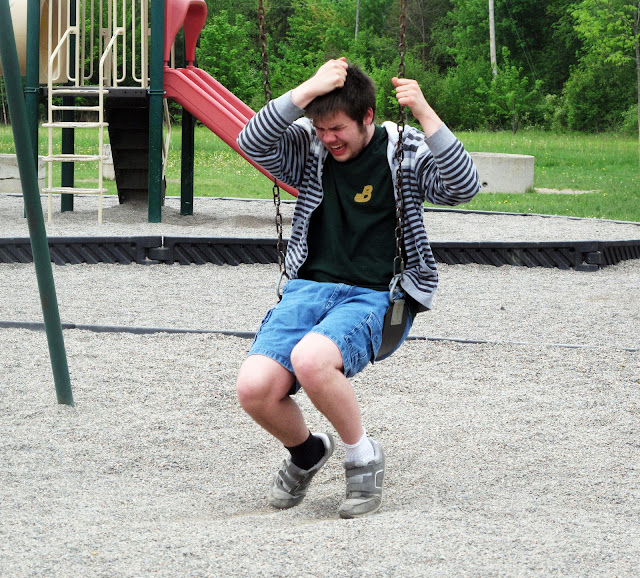After discovering an arm, torso and legs Thursday, police continue the search for human remains along a rocky shoreline in Queens, Friday, Jan. 17, 2014. The remains belong to 14-year-old Avonte Oquendo, officials confirmed Tuesday. (AP Photo/Jason DeCrow)
Neurodiversity cult members, including some autism professionals, academics and neuroscience students like to scream at parents and other family members who speak honestly about the dangers and deficits endured by children and adults who actually suffer from autism disorders. Television, movies, and the mass media generally, love to provide a Big Bang picture of autism as persons with unique personalities and special gifts and extraordinary intelligence. There is little appetite for, and as a result, less public awareness of, honest, reality based discussions of the harm and dangers posed by severe autism disorders. Lack of public understanding of the dangers posed by autism disorders may or may not have been a factor contributing to the departure, and now confirmed death of New York autistic youth Avonte but it certainly didn't help. The Neurodiversity cult members who constantly fight to hide the dangerous realities posed by autism disorders may not be responsible in this specific case for what has occurred but they have not helped with their constant misinformation campaign, their constant suppression of the truth about autism disorders, the harm they can cause and the dangers they can pose to many with autism disorders.
As a father I was at fault several years ago, when my severely autistic son was younger, of not keeping a close enough watch on him when I took a business call on a Saturday afternoon. For my son, and for me, it ended well when a good Fredericton man stopped his vehicle to remove my son from the busy traffic that he was facing crossing a local street, unaware of his danger, and took him to a convenience store where he called the police at 911. I was able on the conclusion of my business call to find and recover him quickly once I too called 911. Sadly, Avonte the autistic New York youth has now been confirmed to be dead 3 months after he simply left his school after walking past security.
I am NOT suggesting that greater awareness of the very real dangers posed by autism would, or would not, have helped in Avonte's case. In my son's case our school has been made clear, and the school has agreed, that our son requires, for his own safety, 24 hour adult supervision which he also receives at home. Greater public awareness of the very real dangers posed by autism disorders must be undertaken now in order to reduce the likelihood of future deaths of autistic persons who wander from homes and schools. It is long past time to be honest about the harm and dangers posed by autism disorders. My son and others with severe autism disorders depend on all of us being honest about the realities and dangers they face.


































